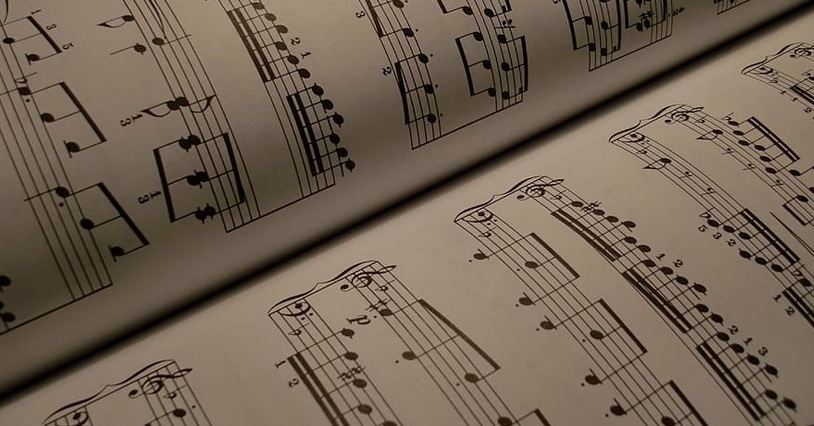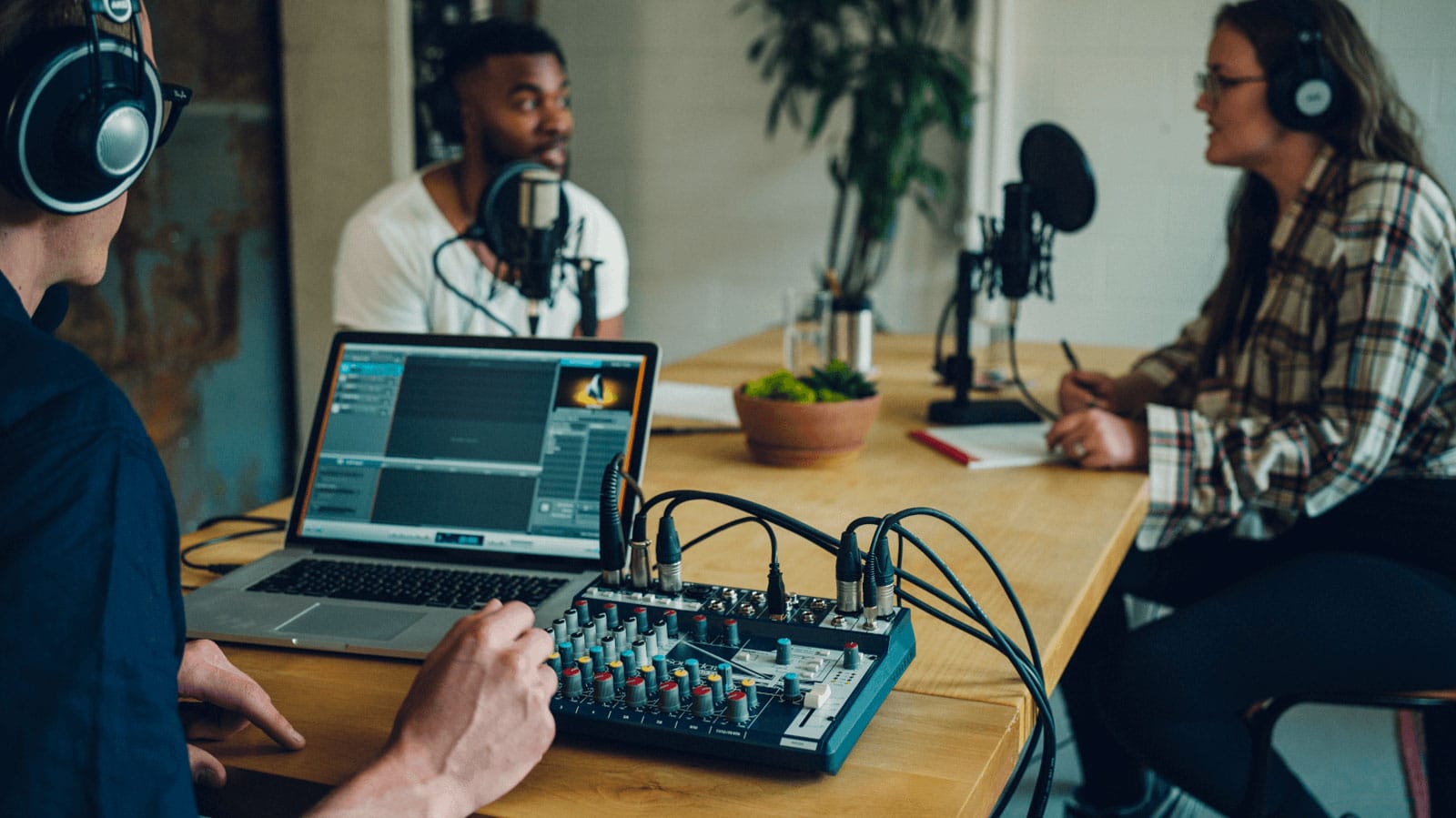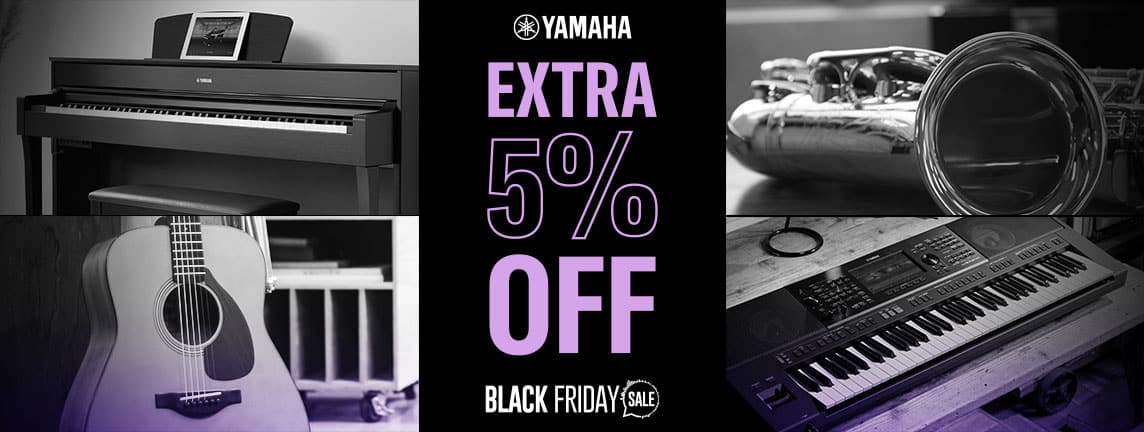
When it comes to excelling at school, some subjects require a more constant and continuous work ethic than others. For business economics or geography, you could (and we’re not suggesting that you should), cram the week or even the night before, and still achieve a passing grade. When it comes to music, however, the only way to excel is through consistent practice.
If you haven’t played in a few months, and you’ve got an exam coming up, then there is a good chance that you will not do as well as you would like. So, does that mean that you need to play 4-hours a day every day to do well? We asked one of our in-store music teachers, and he said that students need to understand the difference between playing their instrument and practising.
Playing an instrument is selecting a few of your favourite songs that you already play well and running through them. While this is an excellent method for building and remembering your repertoire, it won’t help you to improve new pieces.
Practising, on the other hand, is the structured method you use to learn new and perfect in-progress songs. The main difference is that when practising, you might end up playing the same song or the same few bars for hours on end.
Let’s take a look at nine actionable practice techniques you can start using to ensure that you pass your music exams.
1) Listen to all the Songs in Your Syllabus
To perfect a song for a music exam, you ideally want to get to a point where you can play it flawlessly. That will mean that you will hear the song hundreds of times; this will be through a combination of listening to the source music, and you playing it repeatedly.
Can you imagine worse torture than being forced to play a song you hate, for hours of your life, just to pass an exam?
If you want to perfect your song, make sure that you like it. That is why you should listen to every song in your syllabus before deciding on your set.
Some grading schools like Trinity RockSchool will give you a CD or provide downloadable .mp3s for you to use as source material. Short of that, you can try YouTube or your music teacher.
One of the issues that plague music students when they first start is that sheet music can often seem more complicated than it is. To ensure that you don’t unfairly bias yourself against a potentially great song, try to avoid looking at the sheet music when selecting your pieces. Rather sit somewhere quiet, close your eyes, and listen to each song a few times. Once you’ve done that you can make your selection, and ensure that you stick with it.

2) Breakdown Your Timeline
Learning new music can often seem like a challenge, so to make your life easier, set yourself a timeline with specific deadlines. In an ideal world, you’ll have all three of your songs perfected a month before you play your exam so that you have ample time to polish everything.
A major pitfall to avoid is being too ambitious, so be sure to be realistic with your timeline. If you have three intricate pieces to learn, you most likely won’t get them ready in a week or two. And if you set yourself deadlines that you can’t meet, you are setting yourself up for failure.
If you aren’t sure when your exams are, ask your teachers when the rough date for your exams are. If you are working through Trinity or Royal Schools, the exam usually takes place around June and November each year. For these institutions, you will need to know all your pieces for the exam.
But, if you’re taking high school music, your exams will be more frequent, but you’ll only need to perfect your pieces by the end of year exams. By the mid-year exams you’ll usually only need two pieces polished.
3) Break Down Your Songs
If you had to memorise a book, would you read the book a hundred times, cover to cover, and hope for the best. Or would you break the book into chapters and try to memorise each chapter?
A majority of people would do the latter; the same concept applies to learning new songs. Instead of playing through each song from beginning to end, instead, break the song into manageable chunks.
By doing so, you can learn where elements repeat, and you can identify which phrases and bars are going to be the most challenging.
Once you break the song down, you can add each section to your deadline.
To perfect a song, play each section until it is perfect at 60% of the tempo. A good rule of thumb is that if you can’t play something slow, you’ll be messy playing it fast. Another great tip is to avoid moving to a new section until you’ve mastered the one you’re on.
Once you’ve got two sections you can play, you need to start focusing on your transitions.
4) Speed it Up
Once you’ve got the song perfected at 60% of its tempo, you can start to speed it up. Getting a piece up to speed is seldom a linear exercise. In other words, you shouldn’t go from 60% to 70% to 80% etc. Instead, you want to play faster, then slower, then faster.
A good way to think about this is 10% up, 5% down. So go from a 60% tempo to 70%, then drop back to 65%, then move up to 75%, until you’re playing the piece at 105% of its tempo.
But why play faster than the assigned tempo?
If you want to flourish as a musician, you should never play at your limit. So if you can just about play a song at 100%, then you will be pushing yourself too hard in a high-stress environment. By ensuring that you can play the song at 105%, you can be sure that you are comfortable when it matters most.
DON'T MISS OUT! GET MORE LIKE IT SENT TO YOUR INBOX
with our weekly email newsletter.
5) Memorise Your Songs
Even if you can play with your sheet music during an exam, it’s imperative that you memorise your songs. By committing the songs to memory, you will feel more comfortable playing them live.
But don’t think that because you’ve memorised a song, you shouldn’t play with the sheet music as well. As you play along, get into the habit of following along as you play. That will ensure that you’re not memorising mistakes.
And since exams are usually a high-stress environment, you want to give yourself every advantage.
6) Learn the Theory
Most new musicians aren’t aware of the full impact that music theory has on their ability to play well. Theory lessons will accompany most formal music lessons.
As you learn the theory around scales, chords, harmony, and so on, look at the songs you’re learning, and see how the theory applies. By understanding the theory, you can learn to anticipate better where a song is moving to, which will, in turn, help you to memorise your songs.
7) Play in Front of a Mirror (If Possible)
If you play something like the violin or guitar, a good practice habit to adopt is playing in front of a mirror. By watching yourself play, you can identify techniques related to errors that you need to work that you might have missed otherwise.
8) Play for Friends and Family
If you’re not used to playing in front of people, playing an exam will stress you out. So, to help alleviate your stage fright, play for your friends and family.
Not only will this help you get used to performing your songs for an audience, but the people watching can also offer you some critique and help you to improve.
9) Record Yourself
The final tip we have for you to ensure that you can pass your music exams is to record yourself. By recording yourself, you can listen to your playing, and identify what areas need improvement.
The most important thing here is to be critical of your playing. Your friends and family aren’t equipped (even if they’re musicians) to help you to identify every error in your playing. Even your teacher might miss something.
By listening to yourself play, especially if you play with headphones, you can better find your weaknesses.
Conclusion
The new year has just started for most music students, but that doesn’t mean you can take it easy. If you want to do well in your end of year exams, start preparing for them now. If you implement all the tips above and put in the required amount of time, you will pass your exams.








